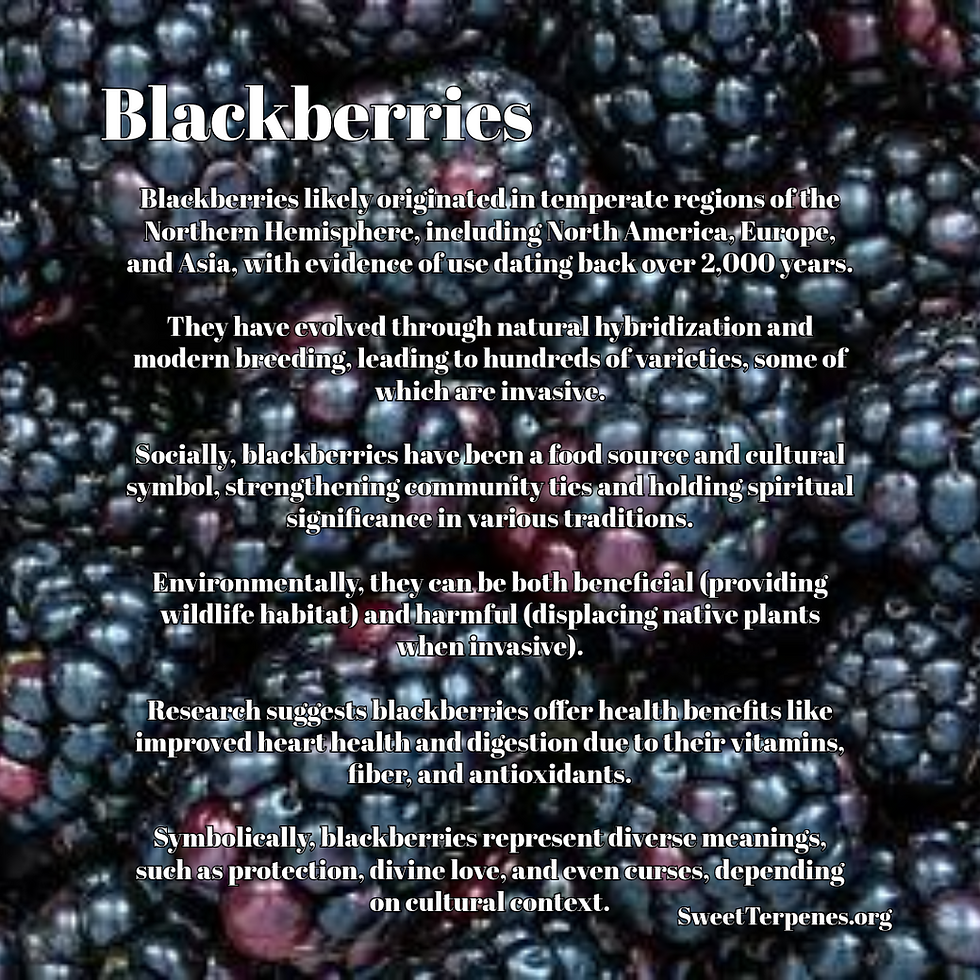Examining the Historical and Ongoing Effects of Basil Cultivation on Human Rights and the Environment
- Heather Stanley

- Jul 3
- 4 min read
Basil, often lauded for its aromatic qualities and culinary versatility, boasts a rich history that spans civilizations. It has been a vital ingredient in cuisine around the globe, treasured not only for its flavor but also for its medicinal properties. However, the cultivation of basil, particularly on a commercial scale, reveals a more complex reality. This blog post aims to explore the historical and current negative impacts of the basil cultivation industry on human rights and the environment.

Historical Context of Basil Cultivation
The journey of basil from its origins in Southeast Asia to the Mediterranean and beyond is fascinating. Used in ancient rituals and traditional medicine, basil has played a significant role in various cultures. However, with the burgeoning demand for culinary herbs, large-scale basil production emerged, leading to socio-economic and environmental challenges that are less well-known.
Historically, the rise of basil cultivation has coincided with globalization and industrial agriculture. This shift has often prioritized profit over traditional practices, leading to the exploitation of both land and labor. Many regions that became hubs for basil production witnessed significant changes in social structures, often mirroring the negative consequences seen in other agricultural sectors.
The Impact on Human Rights
Human rights violations in agriculture are not new, and the basil industry is not immune. In countries where basil is grown en masse, such as India and Thailand, workers often face perilous working conditions. The commercial pressure to produce high volumes of basil at low costs can lead to labor exploitation.
Labor Exploitation
Many laborers in the basil industry are subjected to long hours, inadequate wages, and unsafe working environments. Reports often highlight the prevalence of child labor, particularly in developing nations where families depend on the income generated from herb cultivation. This situation calls into question the ethics behind sourcing basil from regions known for labor abuses.

Health Risks to Workers
Beyond economic exploitation, the health implications for workers are alarming. Pesticides used in basil farming are linked to serious health risks, including respiratory issues, skin ailments, and long-term chronic conditions. Moreover, many workers lack proper training in handling these chemicals, further exacerbating their vulnerability.
Environmental Concerns
The environmental ramifications of basil cultivation are manifold and often intertwined with human rights abuses. Large-scale basil farming has led to deforestation, loss of biodiversity, and soil degradation, which in turn affects local communities and wildlife.
Deforestation and Habitat Loss
To accommodate basil plants, vast tracts of land are cleared. This deforestation disrupts ecosystems, leading to the loss of native flora and fauna. The cultivation of basil can also result in a monoculture system, diminishing the soil's quality and its ability to sustain future generations of crops.
Water Use and Pollution
Basil farming requires significant water resources, which can strain local water supplies. Regions that rely on aquifers or rivers for irrigation often experience depletion, impacting both ecosystems and communities. Furthermore, the runoff from pesticide-laden fields can contaminate nearby water sources, harming not only aquatic life but also human populations dependent on these resources.

Current State and Case Studies
In recent years, there have been growing calls for more sustainable practices in herb cultivation, particularly basil. However, the reality on the ground varies widely, with significant disparities between regions and farming practices.
Case Study: India
In India, the northeastern state of Kerala is renowned for its basil production, particularly holy basil (Tulsi). While traditional practices have been sustainable, the rise of commercial cultivation has strained resources. Farmers often resort to chemical fertilizers and pesticides to meet export demands, leading to various human rights concerns and environmental degradation.
Case Study: Thailand
Thailand serves as another critical example, where basil is a cornerstone of the culinary scene. The cultivation practices in regions such as Ratchaburi highlight how the demand for fresh produce can lead to exploitation. Reports of migrant workers with limited rights and protections have surfaced, calling attention to a need for reforms in labor practices.

Towards Sustainable Practices
As the awareness of the negative impacts of basil cultivation grows, several initiatives seek to promote sustainable practices. Farmers, NGOs, and activists are pushing for organic cultivation methods that respect both human rights and environmental sustainability.
Organic Farming
Transitioning to organic basil farming can reduce the reliance on synthetic pesticides and fertilizers, providing a healthier option for both workers and consumers. Organic farming practices can also help restore soil health, encouraging biodiversity and reducing the overall carbon footprint of basil production.
Fair Trade Certification
A robust Fair Trade certification system can help protect the rights of workers in the basil industry. By ensuring that farmers receive fair wages and work under safe conditions, consumers can make informed choices that support ethical practices in herb cultivation.
Conclusion
The basil cultivation industry, while integral to culinary traditions worldwide, poses significant challenges concerning human rights and the environment. From labor exploitation to severe ecological impacts, the issues surrounding basil farming are complex and multifaceted. However, through awareness and action, there's potential for change. By choosing to support sustainable practices and demanding accountability, consumers can contribute to a more just and responsible food system. The journey towards a more ethical basil industry begins with informed choices, ultimately influencing how basil is cultivated, harvested, and enjoyed in kitchens worldwide.
*AI Generated











Comments